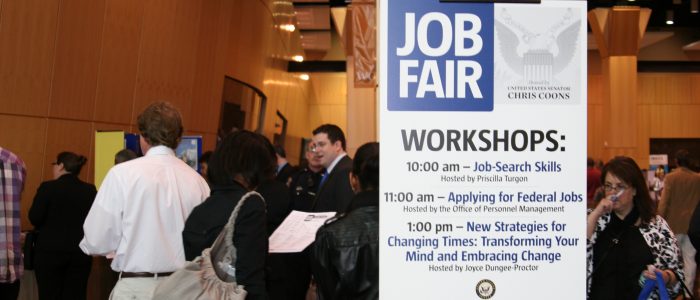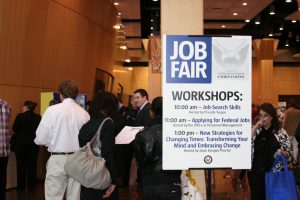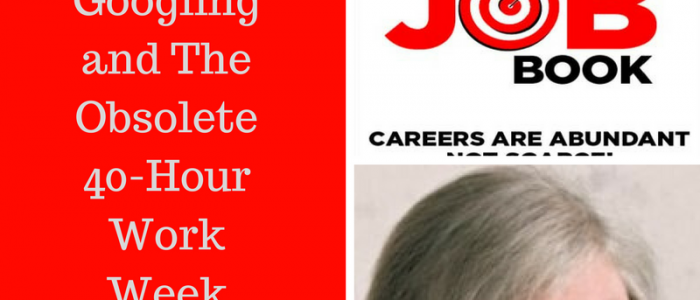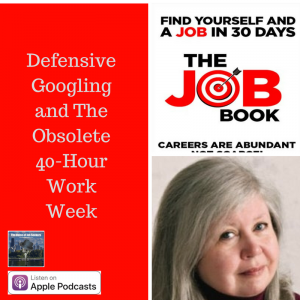
Your job search could use these articles and resources so enjoy! I’ve read them, and you can feel free to comment on them in any form you’d like. Leave a message on the “send voicemail” button on your right. I’ll try to keep it short, fresh, and informative. If you have some news I need to know about, tweet me @MarkADyson!
Tell me yours, I’ll tell you mine!
Would there be a “gender wage gap” if salary was public rather than personal? That is a good question isn’t it? Well this video suggests it would improve workplace culture. I’d like to know your thoughts on this issue.
Don’t believe everything you hear!
This executive finds an open book test effective for interviewing candidates. You would even get a chance to think about your answers. In fact, this CEO would even give you some help. Think they care more about your chances? I doubt it. That’s why interviewing practice is the best preparation for responding to different interview styles.
What’s hot in job search? Research culture!
This is the laugh you will receive when you miss the early signs of a bad workplace culture. Many job seekers ignore researching an employer. They don’t want anything to interfere with an opportunity.
I used to ask after the 2nd job interview if I could have a small tour around the office. Sometimes I was granted the tour, and it does help to understand the vibe. For me, when I saw a lack of pictures or personal effects, then it meant there was a high turnover. Or, if people had awards for high performance, then those were the people I would watch to find out how to succeed. This article gives you an idea how deep you should consider your next employer.
About Mark Anthony Dyson
I am the "The Voice of Job Seekers!" I offer compassionate career and job search advice as I hack and re-imagine the job search process. You need to be "the prescription to an employer's job description." You must be solution-oriented and work in positions in companies where you are the remedy. Your job search must be a lifestyle, and your career must be in front of you constantly. You can no longer shed your aspirations at the change seasons. There are strengths you have that need constant use and development. Be sure you sign up to download my E-Book, "421 Modern Job Search Tips 2021!" You can find my career advice and work in media outlets such as Forbes, Inc., Fast Company, Harvard Business Review, Glassdoor, and many other outlets.




